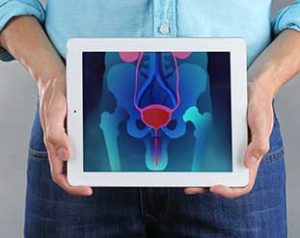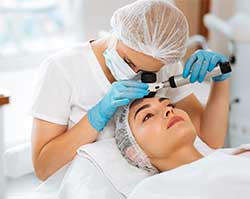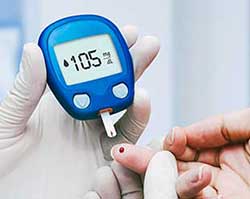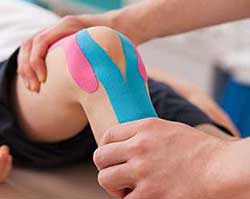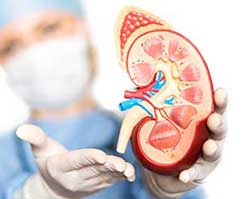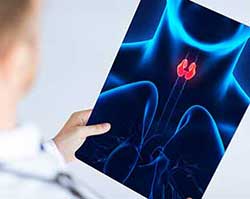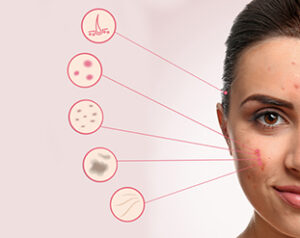Consult City's Top Doctors, The Minute You Need To
First Consultation starting
@ ₹249 ₹499
2836
Dermatologists
1012985
Cases done
by Dermatologists
1750
Hospitals
Post-Inflammatory Scarring-Know more about it
About
Post-inflammatory scarring is also known as post-inflammatory hyperpigmentation (PIH). It is a type of hyperpigmentation that affects the face and body and appears as flat spots of discoloration.
Pigmentary disorders are the third most common dermatoses among people of African-American descent (approximately 9%).(1)
Post-inflammatory scarring is
- Treatable depending upon the intensity
- Laboratory tests and imaging are not required
- Men and women are equally susceptible
- People with acne are more prone to PIH
- Curable with time or with medication
The root cause of PIH is usually increased melanin production that can be triggered by the way skin heals after inflammation or injury.
Symptoms
The very common symptoms of post-inflammatory scarring are as follows:
- Pimples leaving marks.
- Spots range in color like pink, red, brown, or black.
- There is no pain or other severity.
Treatment
Self-care: Controlling acne can be the best way to deal with PIH. Avoiding sun as much as possible or using sunscreen before going out in sun can prevent the pimples from leaving marks. Over-the-counter acne products are useful in preventing pimples to leave a mark after the inflammation.
Medication: Dermatologists may recommend products consisting azelaic acid, mandelic acid, kojic acid, niacinamide, hydroquinone, and retinoids. Chemical peels and laser peels may also be recommended by the doctor depending upon the intensity of PIH.
Specialists: For other severe kinds, consult a physician at the earliest. We at mfine can help you with various fields of health issues. You can get in touch with us on board for a holistic treatment program.
Other Specialities
Give a missed call to 08061914343 to Download the App








